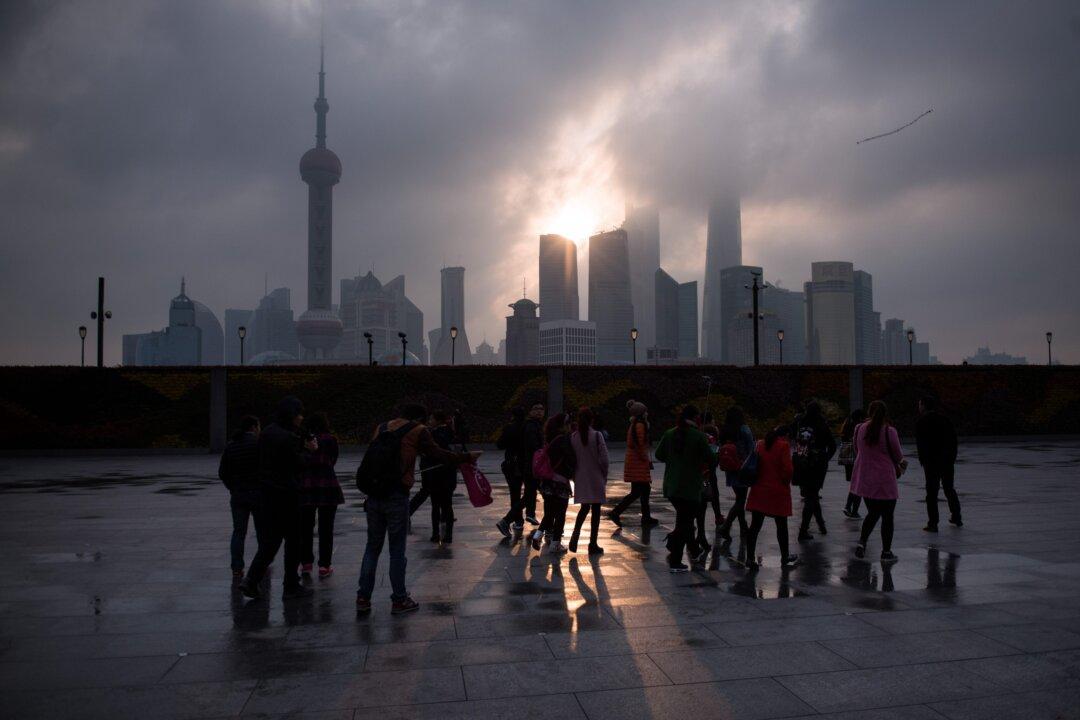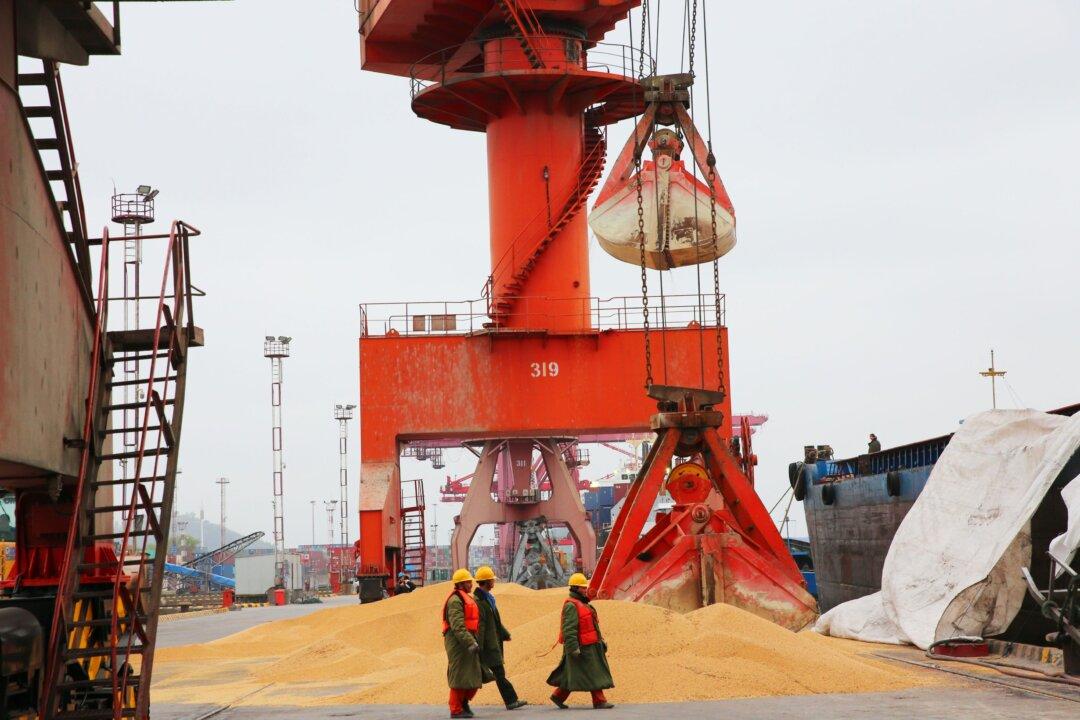Harvard economist Janos Kornai, who authored communist China’s model to embrace markets, warns that the successful experiment has morphed into Frankenstein’s monster.
Kornai, Nobel Prize winner James Tobin, and about 100 top Western academics were flown by the World Bank to China in the summer of 1985 for ‘The Yangtze River Cruise Conference’. Having broken away from the Soviet Union bloc, China was considering adopting some elements of capitalism to raise its annual per-capita GDP above $300.





